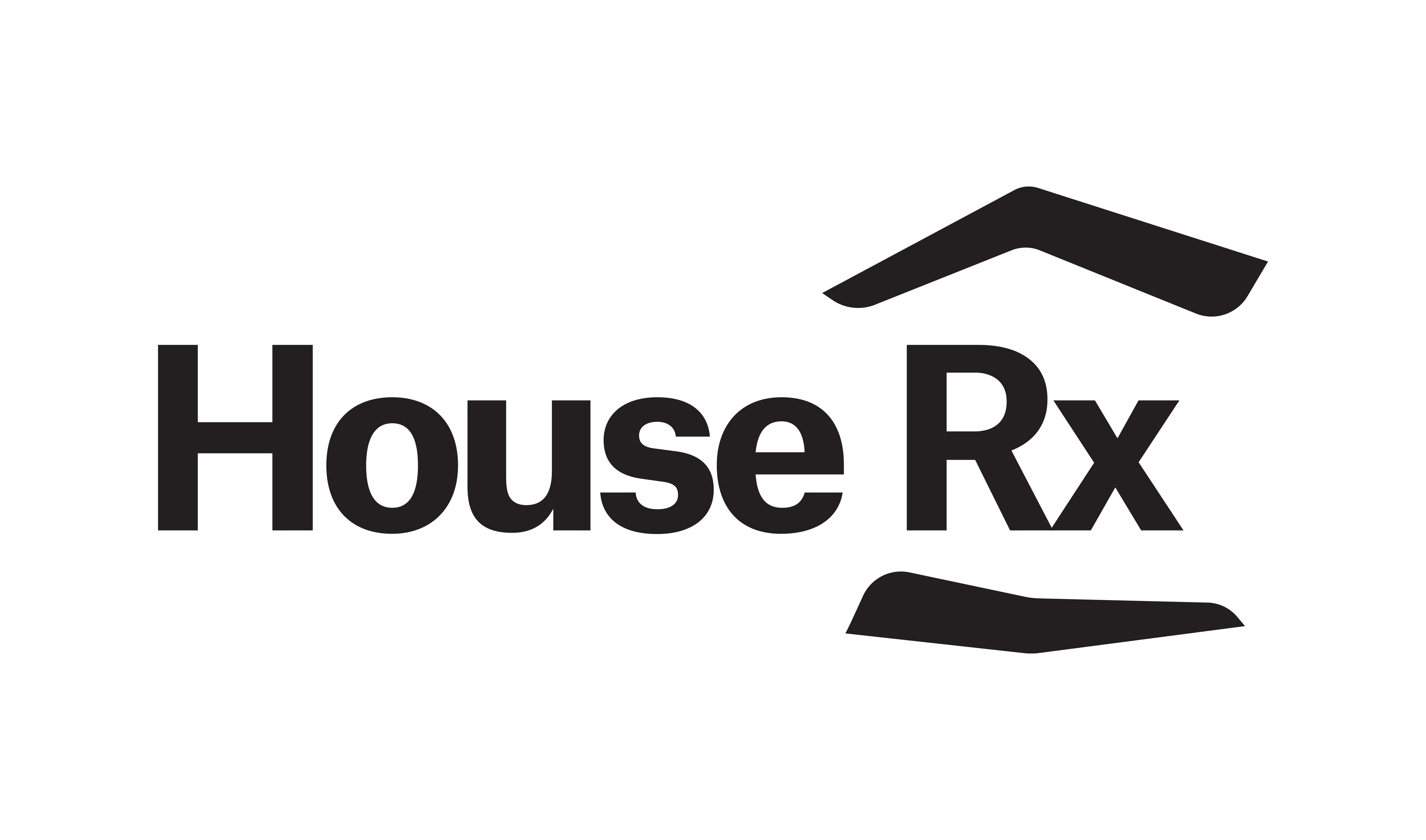
Co-Founder of House Rx Discusses The Company's Technology Platform and Pharmacy Service

Ogi Kavazovic, co-founder and CEO of House Rx, discusses the company's technology platform and pharmacy service and how it can better enable community oncology pharmacy practices to offer medically integrated dispensing.
In a Pharmacy Times® interview, Ogi Kavazovic, co-founder and CEO of House Rx, discusses the company's technology platform and pharmacy service and how it can better enable community oncology pharmacy practices to offer medically integrated dispensing.
Q: Can you discuss House Rx’s technology platform and pharmacy service? How can it better enable community oncology practices to offer medically integrated dispensing, which has usually only been offered by larger practices?
Ogi Kavazovic: One of the things to realize about the current pharmacy software that clinics use is it was made for the retail setting, and not for the off-the shelf retail pharmacies. They're on-premise installed, and they don't have integration with the EHR. They don't have specialty workflows, things like queues for prior authorization, financial assistance. These are actually really important pieces of work that need to be done to fill specialty meds, and the current tooling doesn't actually support that they're really designed to do inventory management in a retail setting. It's not a good fit, and, moreover, some of these technologies haven't been updated in a long time.
So what we're building is a technology stack specifically for the Medically integrated use case. What that means is, especially workflows are built in from the beginning designed by specialty pharmacist.
It's also designed for to have specialty pharmacists interact with the care team. So both the care team and the pharmacy team log into the same system, seeing the same information. This seems like a really obvious thing to do, but it's not happening at all in today's setting.
Then the integration opportunity to integrate with the EHR is tremendous in the medically integrated setting, you have both the pharmacy management system and the EHR, in the clinic, right? So they can actually talk to each other without having the EHR data go outside of the walls of the clinic. That presents really neat opportunities for automation, so you just take an easy example, prior authorization requires, usually, chart notes, and notes or clinical notes and charts from the EHR.
The way it's done normally is somebody has to go into the EHR, or if you send it to outside a pharmacy, they have to call back to the clinic to ask for that information. We have the opportunity to just link that link to the system so that the prior authorization is essentially filled out for you right out of the EHR, and really quickly, and that that significantly improves the process, just as an example of the things you can do when you're building the software from the ground up for this particular use case.
Q: A large focus of this year’s COA meeting pertains to the issue of PBMs. How have HouseRx worked with PBM contracted pharmacies to offer medically integrated dispensing, and what insights would you provide to community oncology practices who work with PBMs?
Ogi Kavazovic: There's an opportunity to work with the PBMs. II don't want to sound naïve. I know the current environment is very antagonistic. I do think things are starting to move, hopefully in a better direction. I do think it actually is in the PBM interest to embrace medically integrated dispensing. It has an advantaged cost structure, it can be done cheaper, the patient care is better, the outcomes are better.
All of these things, in theory, benefit the payer, and then the PBM that they're integrated with, they also want to work with the doctors to prescribe the most cost effective treatment. That has to be done in conjunction with the physicians, not on their behalf. There are all these things, if you look at sort of the high level, where I think a fundamental partnership between the PBM and the clinics should be possible and should be advantageous to both parties. It is our vision and our hope that we'll get there. I don't see it happening overnight. I don't see it happening tomorrow.
One of our goals at House Rx is to standardize medically integrated dispensing, to standardize the processes and the standard operating procedures, to standardize them on technologies, so that we can provide that data and that feedback and all the benefits you get from a centralized specialty pharmacy. We can recreate for medical integrated dispensing while still keeping the pharmacy decentralized, at the edges, at the point of care more local with the care team but getting all the benefits of data standardization, especially pharmacies do well.
I really hope once we are able to provide that back to the PBM to show them the data how well this is actually working, they're going to be more and more interested to actually work with the practices as opposed to against them.
Q: What perspectives are you looking forward to hearing at the 2022 Community Oncology Conference?
Ogi Kavazovic: On the same theme, I was really interested in you know the current efforts, PBM facing payer facing efforts, employer facing efforts as well, I think there's quite a bit of opportunity there. I think it's very smart for COA to be doing this. It makes sense. I think there needs to be reform on the DIR fees. I think there needs to be access to commercial plans, going directly to employers is a good idea, if necessary, but again, I also think better partnership with PBMs can be achieved. So all those efforts that are ongoing with cause leadership, I think are terrific, and I was very interested to hear about those sessions.
Newsletter
Stay informed on drug updates, treatment guidelines, and pharmacy practice trends—subscribe to Pharmacy Times for weekly clinical insights.


























